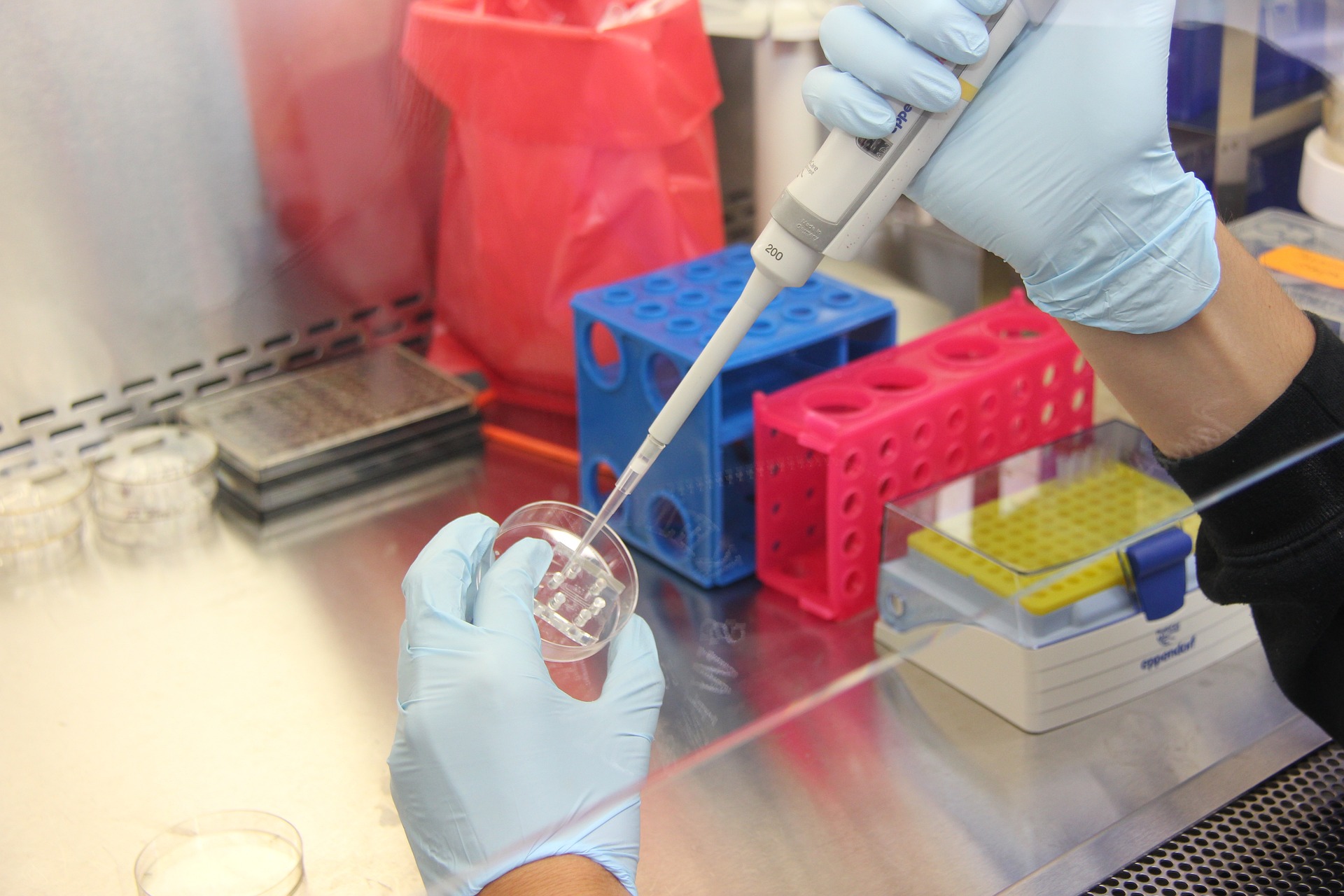Australians present a mammoth meatball!

A meat farming company has created a mammoth meatball that revives the flesh of long-extinct animals.
The aim of the project is to show the potential of meat grown from cells without the need to slaughter animals and to highlight the link between large-scale livestock production and the destruction of wildlife and the climate crisis. The mammoth meatballs were produced by Vow, an Australian company that takes a different approach to cultured meat. A number of companies are working to replace conventional meats such as chicken, pork and beef. But Vow is trying to mix and match cells from unconventional species to create new types of meat. The company has already explored the potential of more than 50 species, including alpaca, buffalo, crocodile, kangaroo, peacock and various fish species.
The first cultured meat to be sold will be Japanese quail, which the company expects to see in restaurants in Singapore later this year.
“The goal is to move a few billion meat consumers away from eating [conventional] animal protein to eating things that can be produced in electrified systems. And we believe the best way to do that is to reinvent meat. We’re looking for cells that are easy to grow, that are really tasty and nutritious, and then we mix and match those cells to create really tasty meat,” said George Peppou, CEO of Vow .
Tim Noakesmith, who co-founded Vow with Peppou, said: “Vow is a very good product: we chose the woolly mammoth because it is a symbol of loss of diversity and a symbol of climate change. This animal is thought to have been wiped out by human hunting and the warming of the world after the last ice age.”
Bas Korsten of creative agency Wunderman Thompson came up with the original idea: “Our goal is to start a conversation about how we eat and what future alternatives might look and taste like. Cultured meat is meat, but it’s different than how we know it. No one has ever tasted a mammoth meatball. “We haven’t seen a protein like this in thousands of years,” Wolvetang said. “So we have no idea how our immune system would react if we ate it. But if we did it again, we could certainly make it more acceptable to regulators. It’s a little strange and new – it always is at first. But from an environmental and ethical point of view, I personally think farm-raised meat makes a lot of sense.”
Source, photo: theguerdian.com, pixabay.com
Author of this article
WAS THIS ARTICLE HELPFUL?
Support us to keep up the good work and to provide you even better content. Your donations will be used to help students get access to quality content for free and pay our contributors’ salaries, who work hard to create this website content! Thank you for all your support!





OR CONTINUE READING